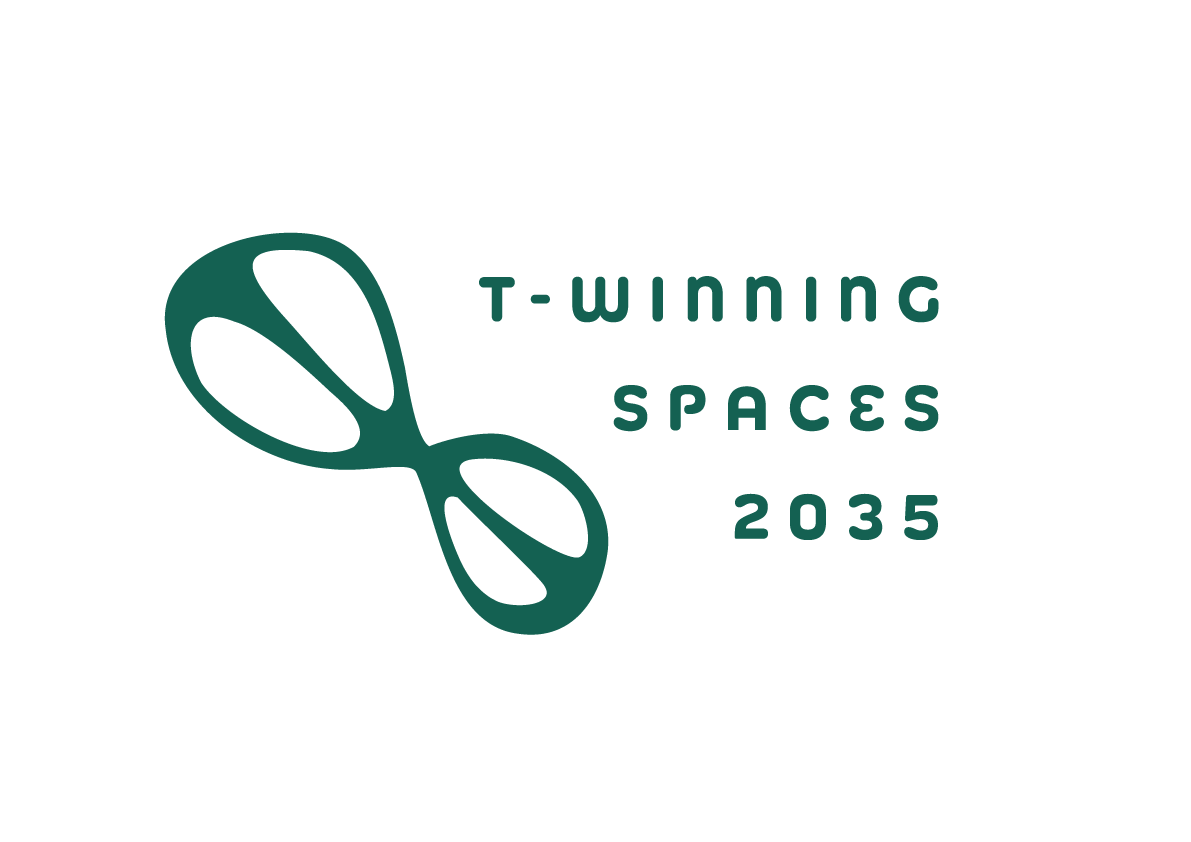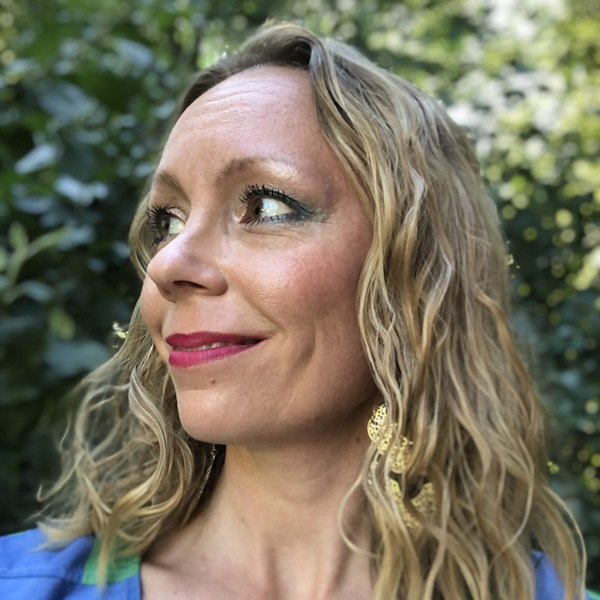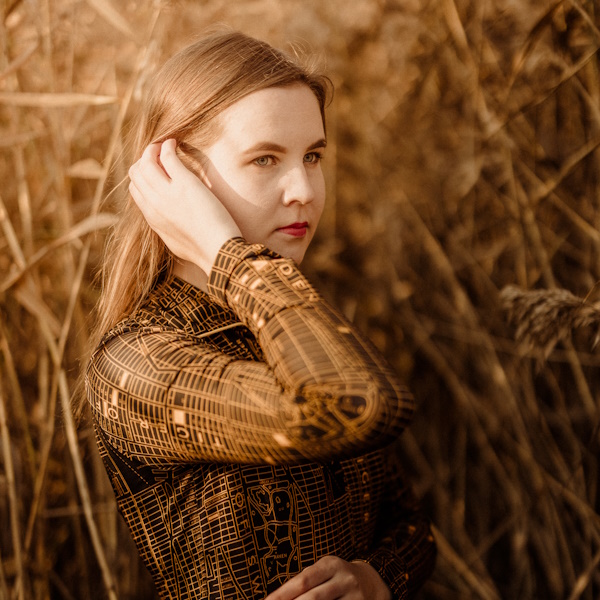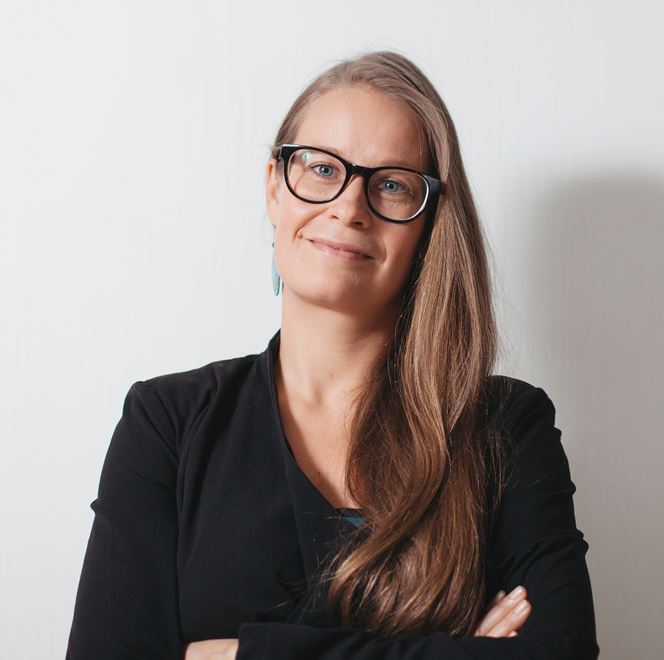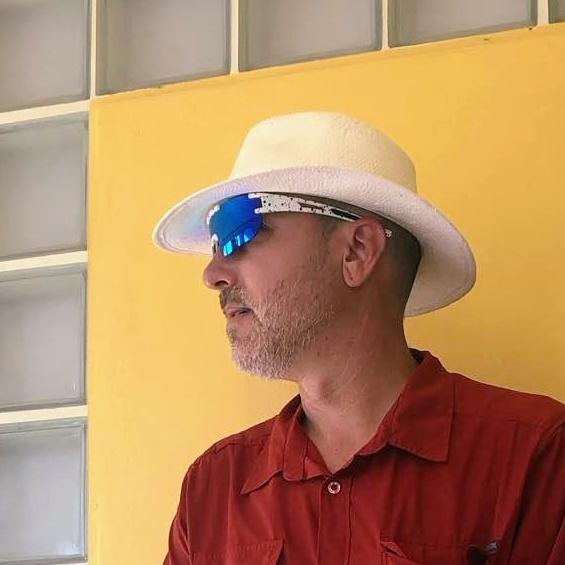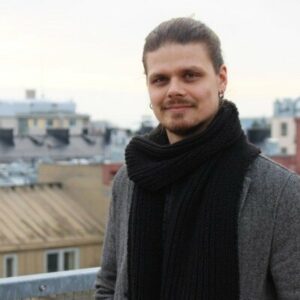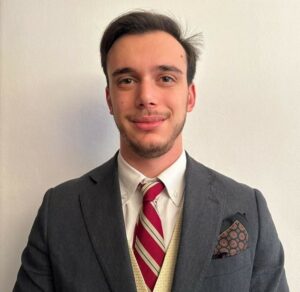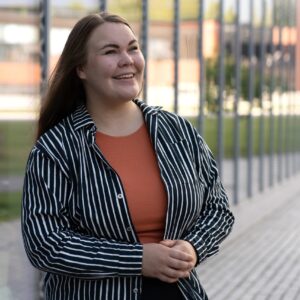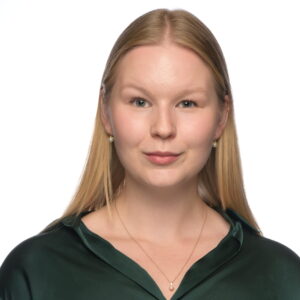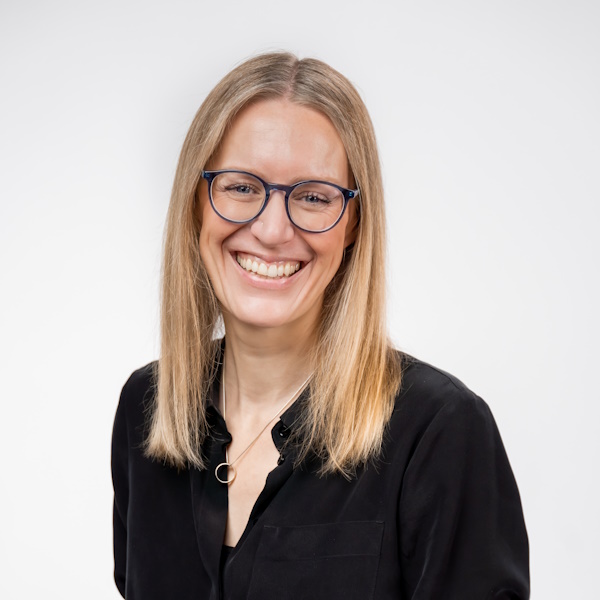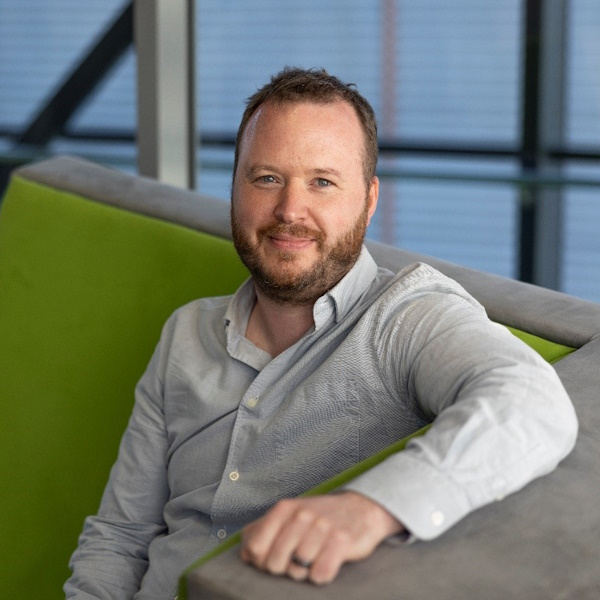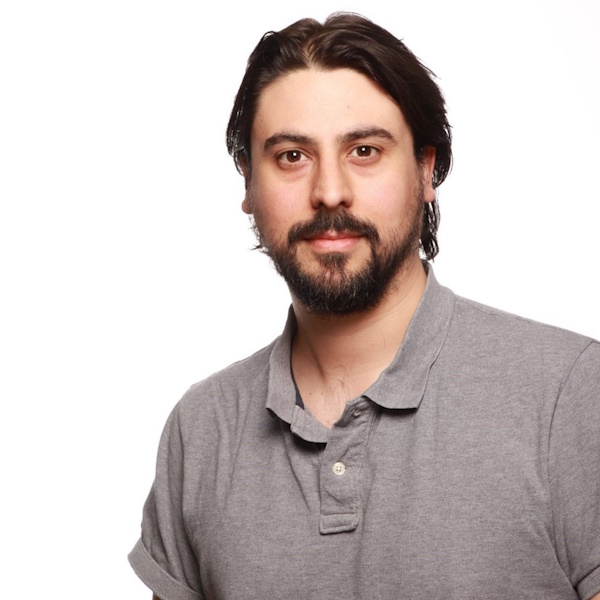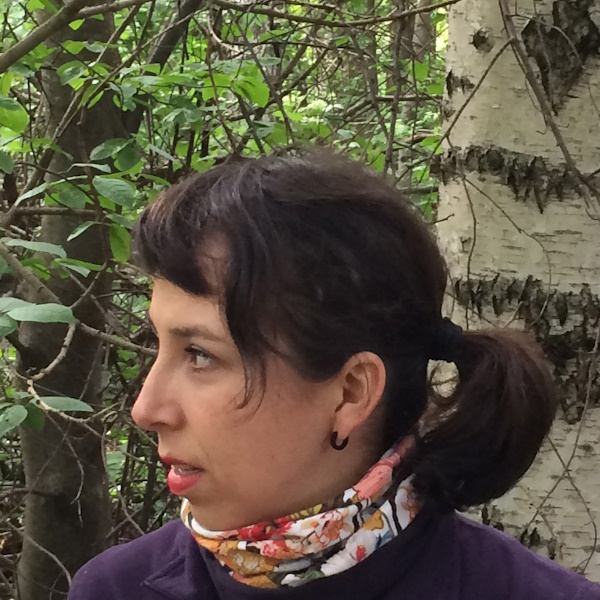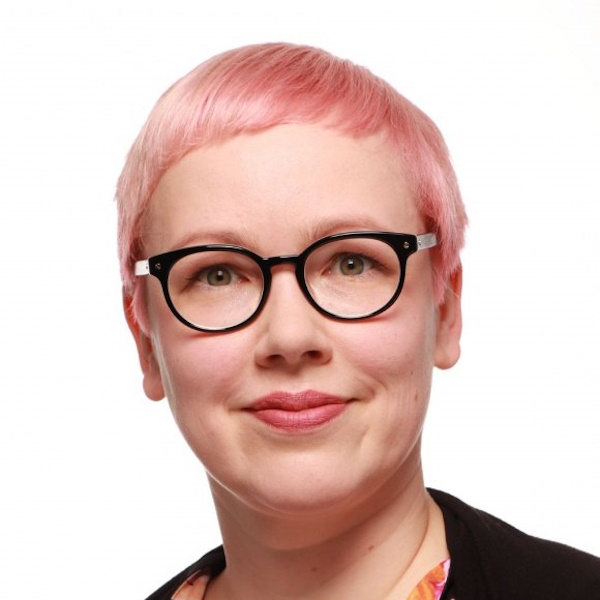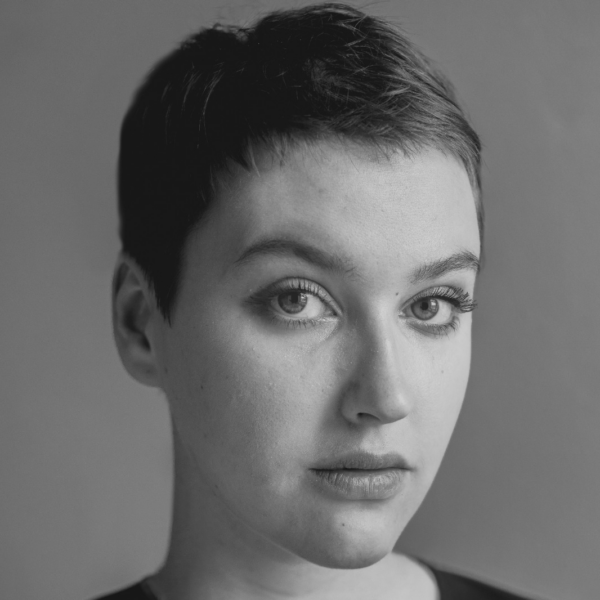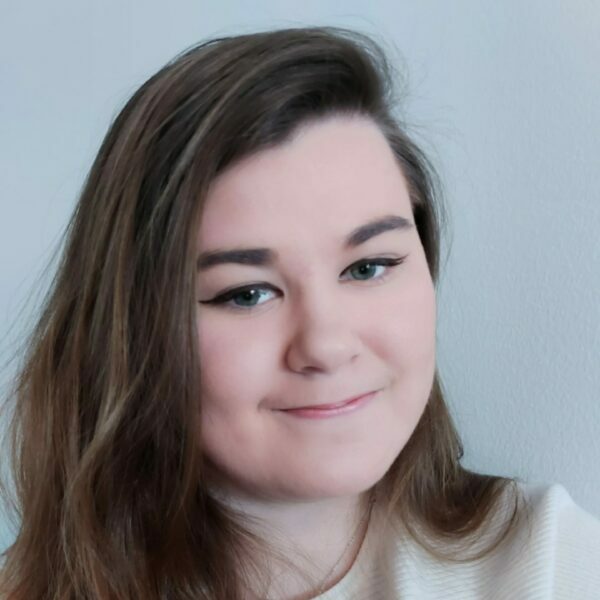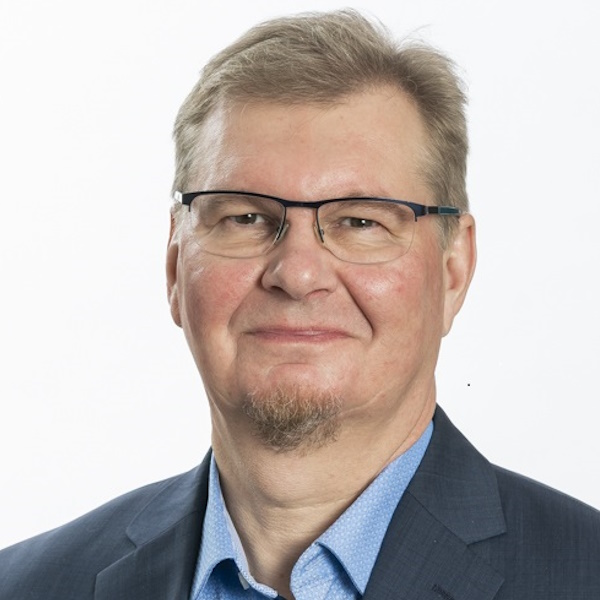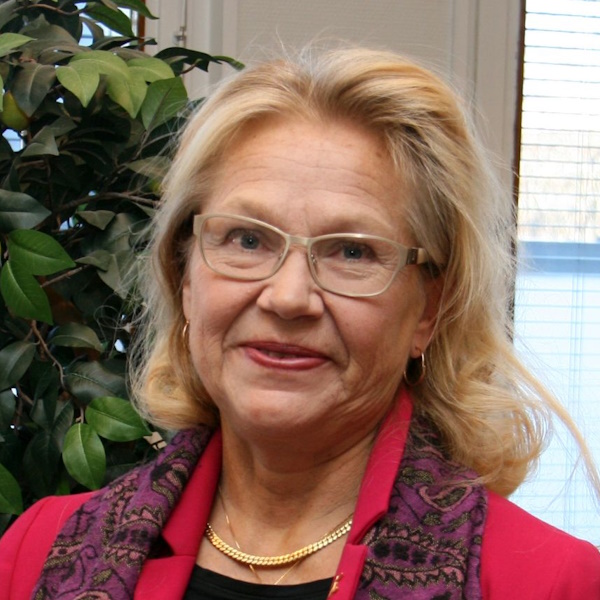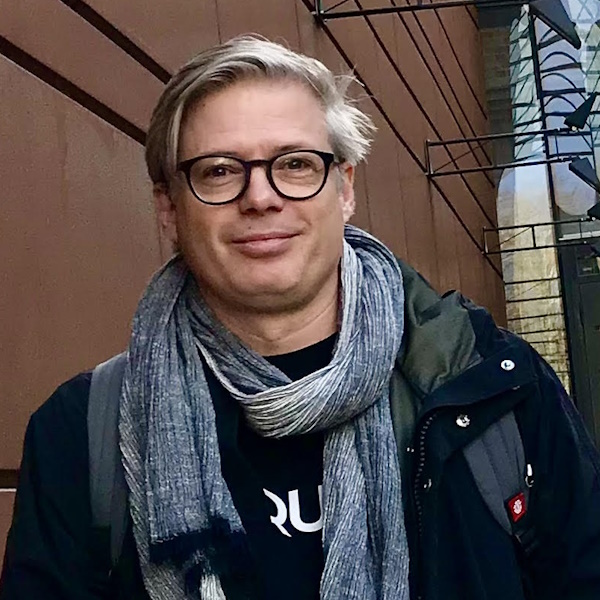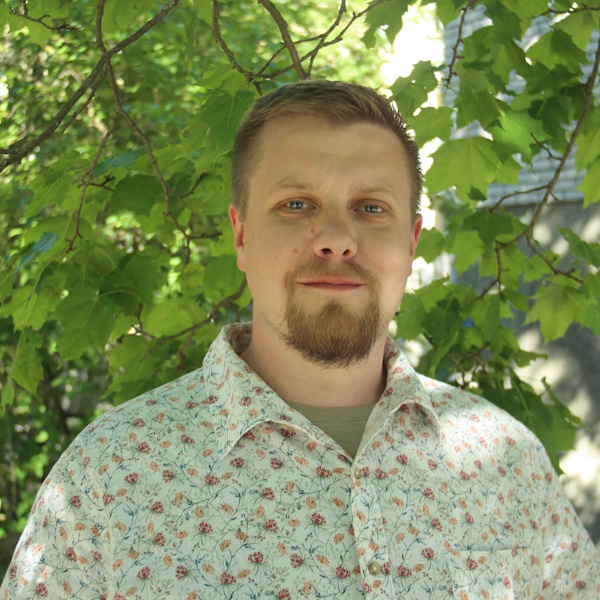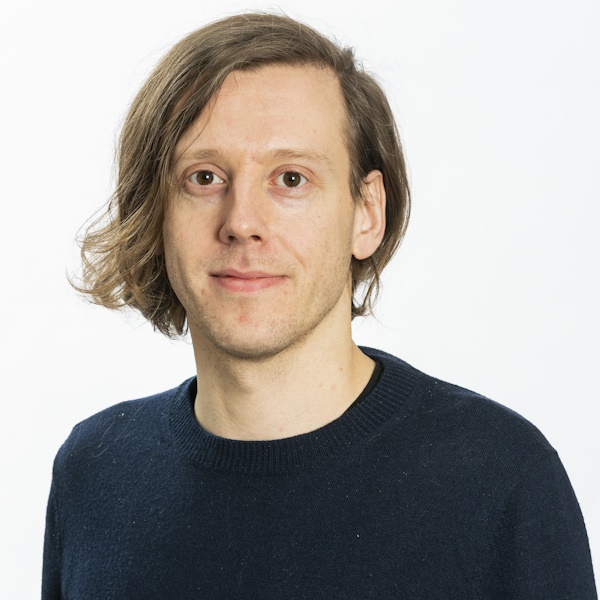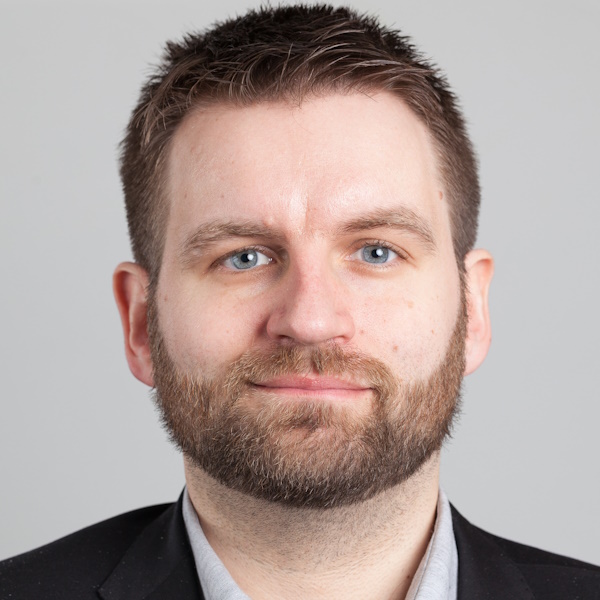Sirkka Heinonen is Professor Emerita of Futures Studies at Finland Futures Research Centre (FFRC), the University of Turku, and Director of FFRC Helsinki Office. During nearly 30 years at VTT (1979-2007), she conducted futures research and futures capacity building projects, applying futures studies of housing, working, mobility and lifestyles in the socio-techno-cultural contexts.
With the educational background of Doctor of Philosophy from Helsinki University, her focus was on technology foresight i.e. anticipating and studying the impacts of technology on cities, communities, citizens and society at large. In studying futures of work, her special interest has been in probing telework within the concept of telepresence, and its interlinkages with wellbeing, housing design, and environmental issues.
Prof Heinonen has been developing scenario methodology closer to stakeholders, both public and private, combining it with other foresight methods. She has developed new methods: Futures Clinique, Creative Foresight Space, Multi-Dimensional Risk Analysis, Nega- and Positrends, as well as Pioneer Analysis.
Internationally recognized expert in futures studies theories, methods and policy relevance, Full Member of the Club of Rome (2005-), Chair of the Helsinki Node of the Millennium Project (2000-), and Guest Professor at University of Science and Technology in China USTC (2013-). She is a Member of the Advisory Committee of the Chilean Council of Foresight and Strategy, established in 2014.
Member of the editorial board in six futures journals, President of the Finnish Society for Futures Studies (2012-2015), now Honorary Member (2020-), and a Member of the Academy of Technical Sciences 2014-. In 2016-2018 member of MATINE (Scientific Advisory Board for Defence). She has been given the Award of Scientific Technology Transfer to Finland (1986), Honorary mention of Prime Minister’s Best Practices Award in Information Society Programme (2004), Golden Award of Scientific Work (2016), and Memorial Medal of University of Turku (2018).
